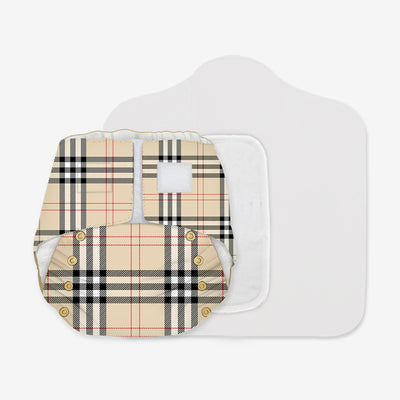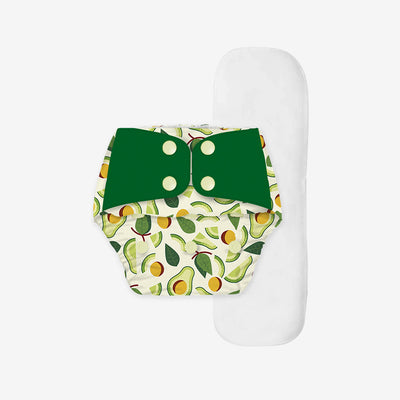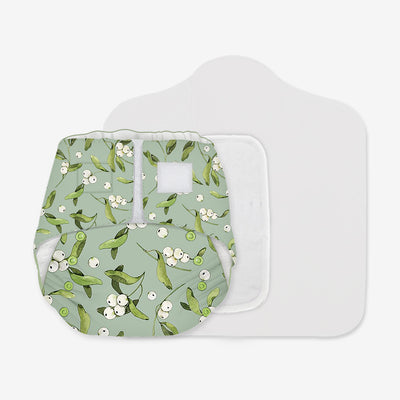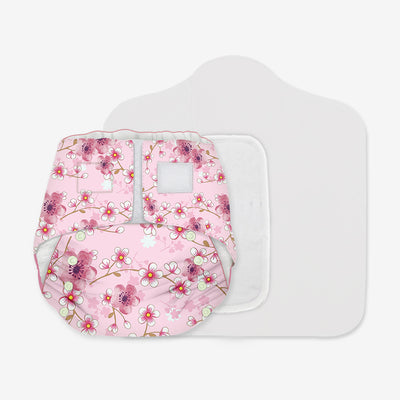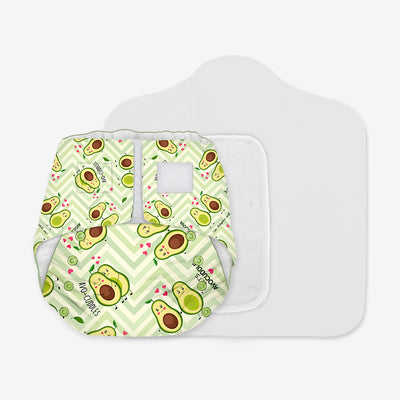Benefits Of Date Fruit For Babies

Benefits Of Date Fruit For Babies
A delicious fruit that's loved by many, dates have a lot of health benefits for babies. Dates are a natural and healthful addition to a baby's diet because they are full of important nutrients like fiber, vitamins, and minerals. They are good for babies who are moving from liquid to solid foods because of their texture, which is soft and easily mashed. A focused source of energy, dates support a baby's physical development as their body grows. Because of the fiber in them, they also support digestive health. A baby can benefit from including dates in their diet in a delicious way to improve nutrition and promote overall health during these important initial stages of life. Always consult your child's pediatrician prior to introducing new foods to their diet. Give your baby a healthy head start with the goodness of date fruit.
Are Dates Helpful to Babies?
Dates prove to be beneficial for babies due to their nutrient-rich composition. Packed with essential vitamins, minerals, and fiber, dates contribute to a baby's overall growth and development. The soft and easily digestible nature of dates makes them a suitable addition to a baby's diet as they transition to solid foods. The natural sweetness of dates also provides a tasty introduction to new flavors. Furthermore, the fiber content aids in promoting healthy digestion. When incorporated mindfully, dates can be a nutritious and wholesome component of a balanced diet for babies, supporting their journey towards optimal health.
When to Introduce Dates to Babies?
Introducing dates to babies should align with their developmental milestones. It's advisable to begin incorporating dates into a baby's diet around six months, when they start transitioning to solid foods. Before introducing dates, ensure your baby has experienced other single-ingredient foods to identify potential allergies. Start with small, finely chopped or mashed portions to avoid choking hazards. As a parent, closely monitor your baby's reaction to dates and consult with a pediatrician for personalized guidance. Gradually increasing the quantity ensures a smooth integration into their diet, providing a tasty and nutritious addition as they explore a variety of flavors.
Health Benefits of Dates for Babies
Nutrient-Rich Profile: Dates are packed with essential nutrients, including vitamins (A, K, B6), minerals (iron, calcium, phosphorus), and natural sugars, providing a well-rounded nutritional boost.
Digestive Health: The high fiber content in dates aids in digestion, preventing constipation in babies. Regular bowel movements are encouraged by fiber, which supports a healthy digestive system.
Energy Source: Dates serve as a natural and concentrated energy source due to their natural sugars, offering a quick and sustained energy release for active babies.
Brain Development: The presence of vitamins, especially B6, supports brain development and cognitive function in infants, fostering a healthy neurological system.
Iron Absorption: Dates contain iron, vital for preventing anemia in babies. Iron facilitates the production of hemoglobin, supporting overall blood health and oxygen transport.
Immune System Support: The combination of vitamins and antioxidants in dates strengthens the immune system, helping babies ward off infections and illnesses.
Bone Health: Dates contribute to bone health with their calcium and phosphorus content, aiding in the development and maintenance of strong and healthy bones.
Natural Sweetener: Dates offer a natural sweetness, making them a healthier alternative to refined sugars in baby food. This can help cultivate a preference for nutritious, whole foods.
Easy to Digest: The soft and easily mashable texture of dates makes them suitable for babies transitioning to solid foods, ensuring ease of consumption and digestion.
Taste Exploration: Introducing dates early exposes babies to diverse flavors, promoting a varied and balanced diet while encouraging a positive relationship with nutritious foods.
How Many Dates Do Babies Have in a Day?
Balance is essential when introducing dates to babies. Start with a small amount to determine their reaction and avoid choking hazards, like half a date, finely chopped or mashed. Generally speaking, a baby's diet can be gradually expanded to include one or two small dates per day. A safe and joyful introduction of dates that offers nutritional benefits without taxing their sensitive systems is ensured by keeping an eye on their reactions, speaking with a pediatrician, and taking the whole diet into account.
Precautions While Giving Dates to Babies
Choking Hazard: Ensure dates are finely chopped or mashed to avoid the risk of choking, especially for younger babies.
Allergies: To detect possible allergies, add dates after meals with a single ingredient. If you have any concerns, speak with a pediatrician and keep an eye out for any negative reactions.
Moderation: To avoid overindulging, start with a smaller number of dates. A baby's delicate system may be impacted by too much natural sugar.
Consistency: Retain a consistent texture that is appropriate for the baby's developmental stage, taking into account their chewing and swallowing abilities.
Consultation with a Pediatrician: Before introducing dates to a baby, make sure that they are appropriate for their particular needs, health, and dietary needs.
Quality and Storage: To preserve the nutritional value of dates, use fresh, premium dates and store them correctly. Steer clear of those with preservatives or added sugar.

